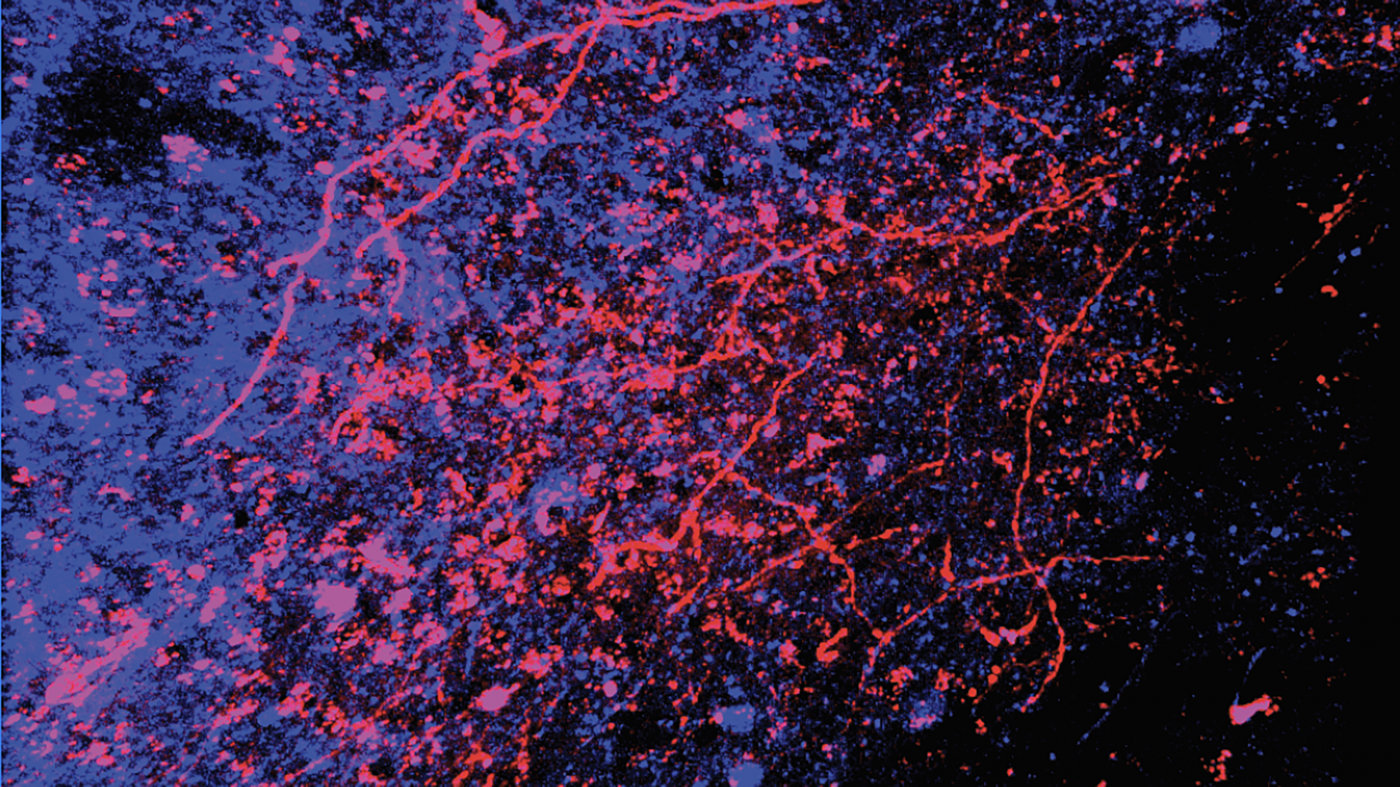Christopher Baldassano, PhD
Assistant Professor, Department of Psychology
Columbia University
Using prior knowledge to build neural representations, make predictions, and encode memories
Our everyday experiences consist of familiar sequences of events in familiar contexts, and we use our memories of the past to understand the present and make predictions about the future. This prior knowledge can consist of specific past episodes, multiple memories linked together, or schematic mental models that have been distilled from many past experiences. I will present recent work from my lab, using a combination of behavioral, eye-tracking, and neuroimaging methods, on the mechanisms by which we can use knowledge of temporal structure to generate predictions, organize experiences into events, and construct durable memories. Our studies employ stories, movies, virtual reality, and games, allowing participants to draw on their knowledge of the world or build detailed expertise in controlled yet naturalistic domains. These studies argue for a central role of top-down and anticipatory processes in constructing high-level representations of events in the brain and creating durable sequence memories.
Relevant Publications:
Anticipation of temporally structured events in the brain
Host(s): Carol Mason (Faculty)
Please contact [email protected] with any questions.
This event will be in-person only and will not offer a Zoom option.
Open only to Columbia University and Columbia University Affiliates.
Speaker Location: Jerome L. Greene Science Center, 9th Floor Lecture Hall
Tuesdays@10 is a signature Zuckerman Institute initiative that aims to expose researchers at all levels to high-quality science and stimulate scientific discourse. The speakers featured in this series represent various fields and techniques in neuroscience, and are either external to Columbia (Columbia Neuroscience Seminars and Special Seminars) or are Columbia faculty members (Local Circuits) invited through a combined, collaborative effort of one or more of the following: Columbia's Zuckerman Institute, the Department of Neuroscience, the Doctoral Program in Neurobiology and Behavior and the Columbia Translational Neuroscience Initiative, and with support from the Kavli Institute for Brain Science.
More information and a full schedule can be found here.
